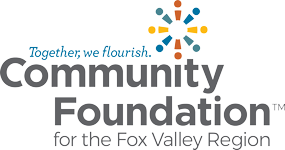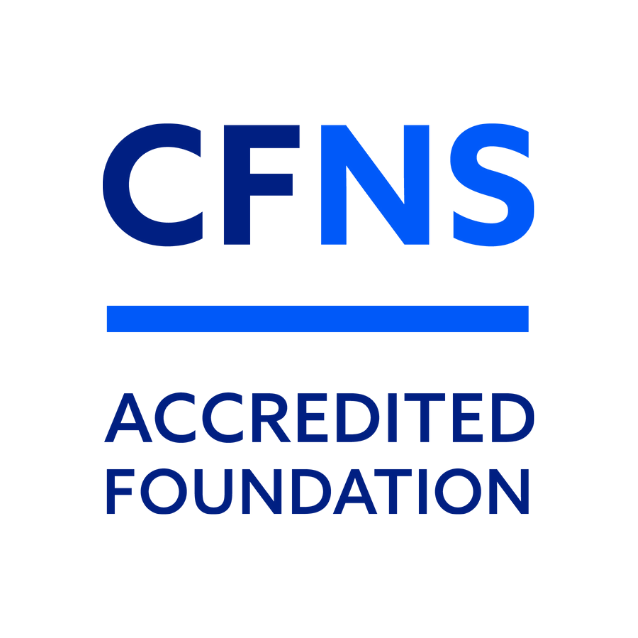Consideration of ESG and DEI factors in our investment portfolio
Recently, a Fox Valley resident asked me if we considered ESG (environmental, social governance) and DEI (diversity, equity and inclusion) factors in our investment strategy. Our primary goal is to generate a sustainable stream of investment return to support the Community Foundation’s programs. Even though we do not have an explicit mandate for most of the Community Foundation’s portfolios, we do evaluate and assess how our portfolio performs in these areas.

Kathryn Mawer, FEG
The Community Foundation leverages an Investment Committee to oversee the framework of the investment portfolio. As part of their oversight role, the Investment Committee considers the extent to which an investment is consistent with the principles and goals of the Community Foundation. This includes fostering the well-being of the community and inclusivity. The Community Foundation may, when appropriate, seek out certain mission related investments or steer clear of investments that contradict our mission. The Investment Committee is mindful of its fiduciary duty and will interject where it won’t harm the investment objectives of the portfolios, hinder performance, or place a significant burden on existing resources.
 Annually, the portfolio undergoes an evaluation based on key ESG and DEI metrics. These metrics include factors like the carbon emissions of the companies within the portfolio (environmental impact), exposure to predatory lending operations or private prisons (social responsibility) and the representation of minorities on corporate boards (governance and diversity). It’s important to note that conducting such an evaluation is inherently challenging because of many factors including differing definitions of ESG and DEI metrics and the difficulty of quantifying qualitative aspects. However, this exercise serves a valuable purpose by offering deeper insight into a portfolio’s investments and fostering constructive discussions on these critical issues.
Annually, the portfolio undergoes an evaluation based on key ESG and DEI metrics. These metrics include factors like the carbon emissions of the companies within the portfolio (environmental impact), exposure to predatory lending operations or private prisons (social responsibility) and the representation of minorities on corporate boards (governance and diversity). It’s important to note that conducting such an evaluation is inherently challenging because of many factors including differing definitions of ESG and DEI metrics and the difficulty of quantifying qualitative aspects. However, this exercise serves a valuable purpose by offering deeper insight into a portfolio’s investments and fostering constructive discussions on these critical issues.
Here are the outcomes of our 2023 analysis:
- ESG score: By analyzing the current portfolio via an ESG benchmark platform, our endowment investment portfolio was assigned an ESG score. Scores range between 1-10, with diversified portfolios typically ranging between 4-7. The Community Foundation’s overall ESG Quality score is 6.4, suggesting that the portfolio demonstrates an above-average level of responsiveness.
- DEI score: DEI metrics include both the diversity of the underlying companies within the investment portfolio (part of the “G” of the ESG score), and also the underlying asset managers who are deciding which companies to include in the portfolio. Analysis shows that diverse asset managers manage 39% of the Community Foundation’s portfolio.[1] This is significantly higher than broad industry averages. While the statistics improve if you broaden the definition to include other leadership roles, it still shows that minorities and women are significantly underrepresented in the industry. A score of 39% therefore is exceptional, especially given that the intent is not to explicitly seek diversity but to seek talented asset managers with the ability to outperform.
The Community Foundation’s role is to steward charitable funds and seek the best return on investment possible to sustain continued charitable activity within the community. We are deeply committed to that objective but are pleased when this can be done in strong alignment with the Community Foundation’s values.
[1] Diversity dimensions include females, BIPOC (black, indigenous, and people of color), veterans, LGBTQ+ members, and people with disabilities and span firm ownership, firm leadership and strategy management.
 The Community Foundation prudently invests charitable funds so they may strengthen the community for current and future generations, carrying out our generous donors’ wishes to impact their communities and make a difference in the lives of all. Our investment strategy is managed by our Outsourced Chief Investment Officer (OCIO) Fund Evaluation Group (FEG) Investment Advisors, whose advisors are working with our volunteer investment committee members, who are local experts in investment and finance. Learn more about our investment strategy.
The Community Foundation prudently invests charitable funds so they may strengthen the community for current and future generations, carrying out our generous donors’ wishes to impact their communities and make a difference in the lives of all. Our investment strategy is managed by our Outsourced Chief Investment Officer (OCIO) Fund Evaluation Group (FEG) Investment Advisors, whose advisors are working with our volunteer investment committee members, who are local experts in investment and finance. Learn more about our investment strategy.



Leave a Comment